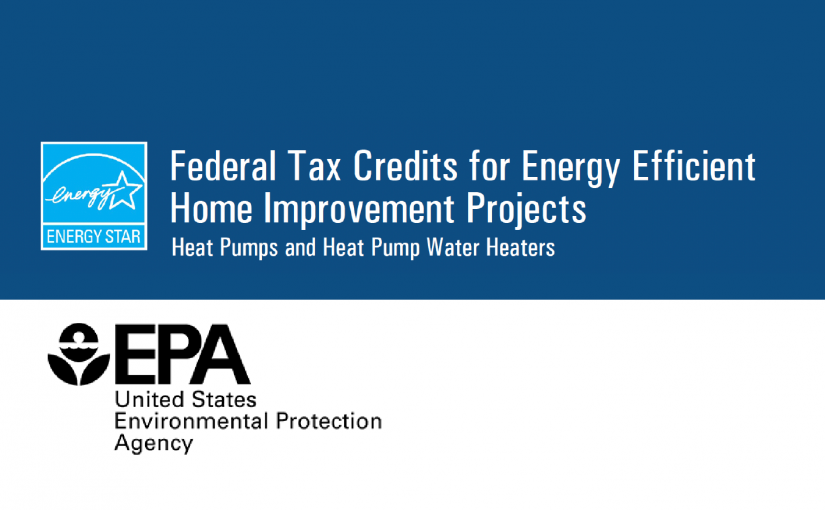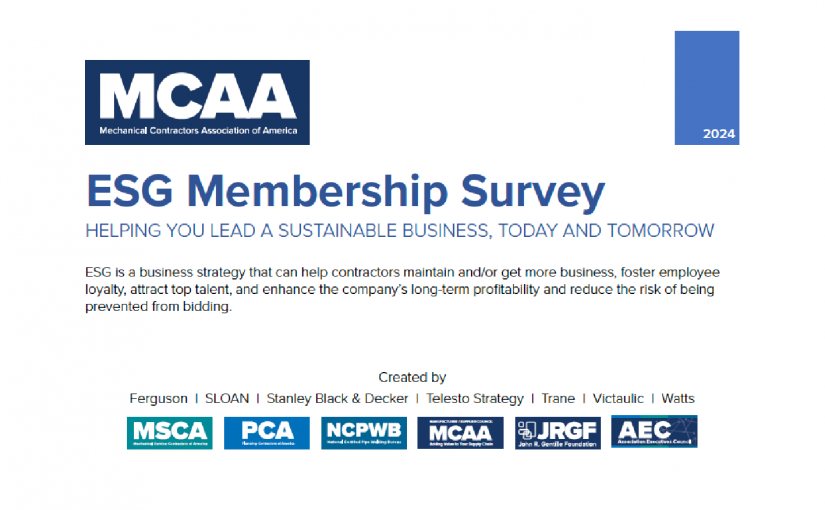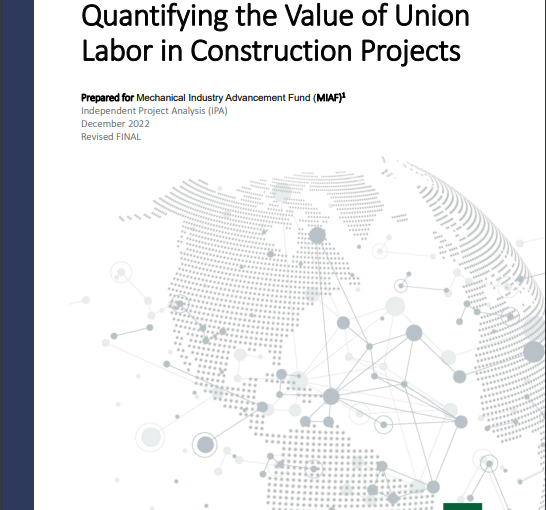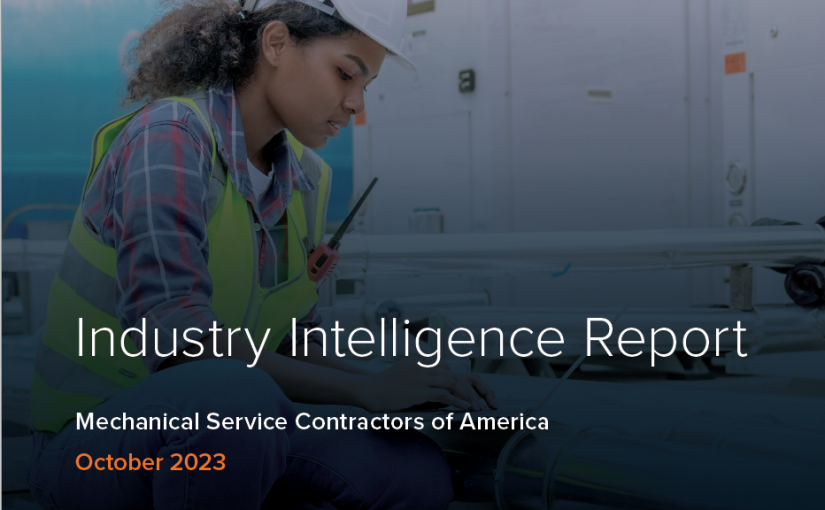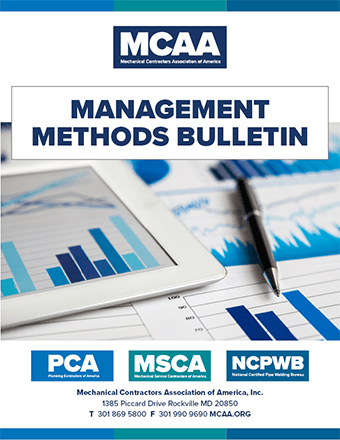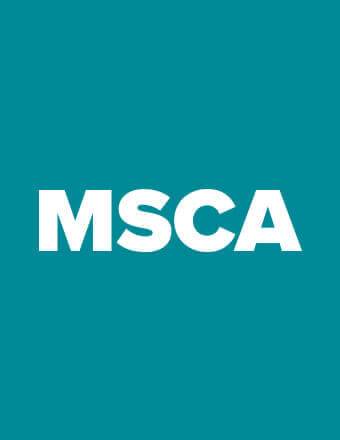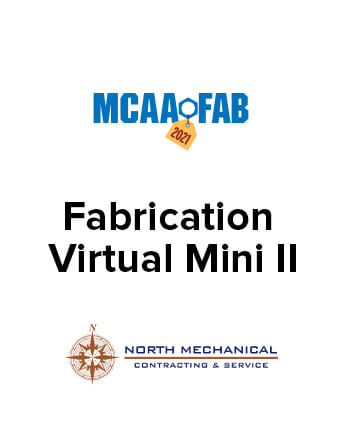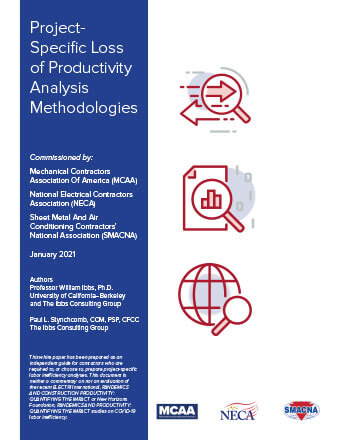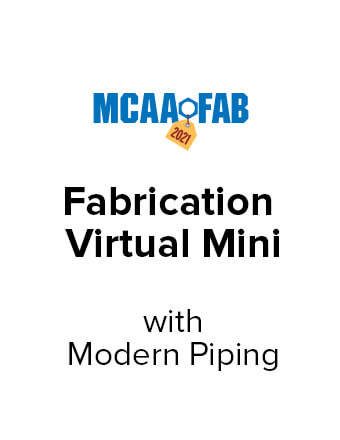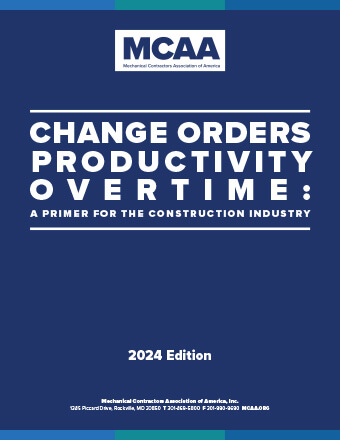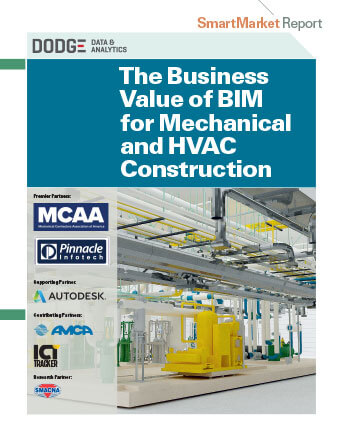Category: Managing Your Business
Federal Tax Credits for Energy Efficient Home Improvement Projects
Understanding the implications of the Inflation Reduction Act and its impact on pricing jobs for installing heat pumps or heat pump water heaters can be daunting. However, a new resource from ENERGY STAR aims to simplify this process, specifically tailored for selling and installing Air Source Heat Pumps, Heat Pump Water Heaters, and Electric Panel Upgrades. It’s crucial for both contractors and property owners to grasp these credits, as they can cover up to 30% of project costs.
ENERGY STAR Certified Air Source Heat Pump Contractor Guide and Sell Sheet
Two prevalent misconceptions revolve around the effectiveness of heat pumps in colder climates and their serviceability. To address these misgivings and better equip professionals for customer discussions, MSCA contractors and ENERGY STAR have developed a concise reference guide. This resource not only tackles these challenges head-on but also aids in preparing individuals for productive conversations with clients who hold these perceptions.
ENERGY STAR Certified Heat Pump Water Heater Contractor Guide and Sell Sheet
Two prevalent misconceptions revolve around the effectiveness of heat pumps in colder climates and their serviceability. To address these misgivings and better equip professionals for customer discussions, MSCA contractors and ENERGY STAR have developed a concise reference guide. This resource not only tackles these challenges head-on but also aids in preparing individuals for productive conversations with clients who hold these perceptions.
Identifying, Quantifying and Preventing BIM Related Cost and Time Impacts
This bulletin explores the types of construction contracts that can directly affect BIM estimates and execution and how these forms of contracts can affect BIM management, time, and costs.
MSCA 2022 Benchmark Survey
In 2022, MSCA conducted a comprehensive benchmark survey to obtain current data on key performance indicators (KPIs) in the HVACR and plumbing service industry. The results were very insightful and sure to be beneficial to all MSCA members. The full report is now available, results are presented in two formats, one is overall results and the second is broken down by company size which can provide specific insight relevant to your company.
National Service and Maintenance Agreement
The National Service and Maintenance Agreement is an agreement negotiated and administered by the United Association of Journeymen and Apprentices of the Plumbing and Pipefitting Industry (UA) and the Mechanical Service Contractors of America (MSCA) and is a signed contract between the UA and individual mechanical service contracting firms who apply and qualify. The Agreement is a nationally recognized tool that helps contractors provide quality, consistent service to their customers throughout the country and helps reclaim lost market share. The Agreement covers all work performed by service, plumbing and refrigeration contractors to keep facilities and existing systems within those facilities operating in an efficient manner. This can include air conditioning, heating, refrigeration, plumbing, ventilation, building automation systems and total building operations. The current National Service and Maintenance Agreement between the UA and MSCA is in effect from August 1, 2021 – July 31, 2027.
June 17th Webinar with Joe Montana on Mindset and the Power of a Winning Spirit (in Business and in Life)
Fabrication Virtual Mini II – North Mechanical
Small and medium contractors have some advantages when it comes to both innovation and fabrication. Innovation is far easier to implement when there are fewer people to train on a new process. Fabrication can be highly productive in smaller spaces that require less overhead.
On Thursday, February 11, 2021, North Mechanical Contractors, headquartered in Indianapolis, Indiana shared some insights on how they drive an amazing amount of productivity through innovation. The presentation, led by North’s VDC and Technology Manager Trent Leinenbach and Tole Burnett, the company’s Manufacturing Manager, demonstrated the process, software and hardware that allow them to approach fabrication from a manufacturing mindset.
Their presentation largely featured a software integration with GTP Stratus that allowed them to connect their VDC and BIM department with the fabrication shop and the field. The software not only assists in their organization, process, purchasing and scheduling, it can be used to drive manufacturing equipment more efficiently. One of the many processes North shared in the video demonstration was how the software provides automated cut lists that can minimize waste by driving a Tigerstop to automate pipe lengths before cutting them automatically.
It also allows computer workstations at fabrication stations access to more information. This includes 3D models that can be rotated and zoomed with dimensions and hidden systems available to be seen.
Project-Specific Loss of Productivity Analysis Methodologies
There is no question the ongoing COVID-19 pandemic has impacted the construction industry as a whole, including the mechanical, electrical, and plumbing (MEP) trades. The Mechanical Contractors Association of America (MCAA), National Electrical Contractors Association (NECA), and Sheet Metal and Air Conditioning Contractors’ National Association (SMACNA) have aligned the MEP trades in a collaborative effort to bring to you and the construction industry this white paper. Find the Change Orders publication referenced in this white paper here.
Fabrication Virtual Mini – Modern Piping
When site restrictions were enforced this past March, many contractors turned towards their fabrication facilities to keep their projects on track. Fabrication not only allows for a controlled environment with greater safety and oversight, it also allows companies like Modern Piping in Cedar Rapids, Iowa to leverage their productivity gains at a higher rate and even work two shifts to keep their work on pace with their schedule.
Due to the impacts of COVID-19, MCAA has decided to postpone their 2020 Fabrication Conference to 2021. In lieu of an in-person conference in 2020, the MCAA Fabrication Committee is working to provide MCAA members with a virtual sneak peek inside some of the most innovative fabrication facilities.
Over the last ten years, Modern Piping has been pushing the leading edge of fabrication by applying lean manufacturing concepts, developing software that digitizes their process and automates not only their digital workflow, but also their actual production. This has resulted in a dramatic productivity gain seen throughout their entire construction process.
Modern Piping’s Fabrication Shop Manager, Jim Tedow is joined by MCAA’s Director of Innovative Technologies, Sean McGuire, and MSUITE’s CEO, Britton Langdon, to discuss their processes, tools and techniques in fabrication. This interactive session includes videos from Modern Piping’s fabrication facilities and a discussion on manufacturing concepts utilized at Modern. Attendees will see how they have streamlined their processes from design to the field.
Change Orders, Productivity, Overtime—A Primer for the Construction Industry
This planning tool helps you determine the costs associated with unplanned events, circumstances and factors that may impact the outcome, productivity and schedule of construction projects. New for 2024: a chapter exploring the factors that contribute to BIM cost and time overruns. This resource is a must-have for mechanical and other specialty contractors, attorneys in construction practices, and consultants.
The Business Value of BIM for Mechanical and HVAC Construction SmartMarket Report
The use of BIM and related technologies and processes that leverage data from models is delivering meaningful impact to mechanical and HVAC contractors on a wide variety of measures, including cost and schedule improvements, enhanced productivity, better collaboration between stakeholders and better worker safety. This research report quantifies other benefits to users and the challenges related to leveraging BIM to increase industry understanding of which factors will most effectively drive growth and expand future use.

